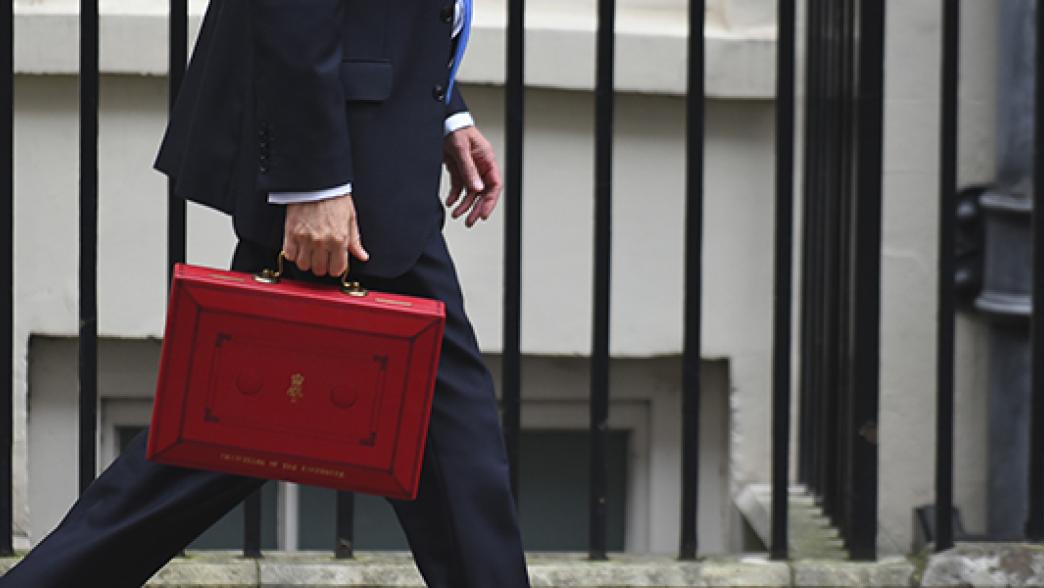Insight paper
How to be a tax-reforming chancellor
The tax system is in desperate need of reform. The new government’s majority gives it an opportunity that none has had for the last decade and a half.

The tax system is in desperate need of reform. The new government’s majority gives it an opportunity that none has had for the last decade and a half.

What is the shadow chancellor’s vision for the economy?
Liz Truss's deep state delusions are undermining any serious argument she might make.
This short paper highlights five key challenges that any government seeking to reduce regional inequalities will need to address.
The national minimum wage is a case study in how to effectively design and deliver policy.